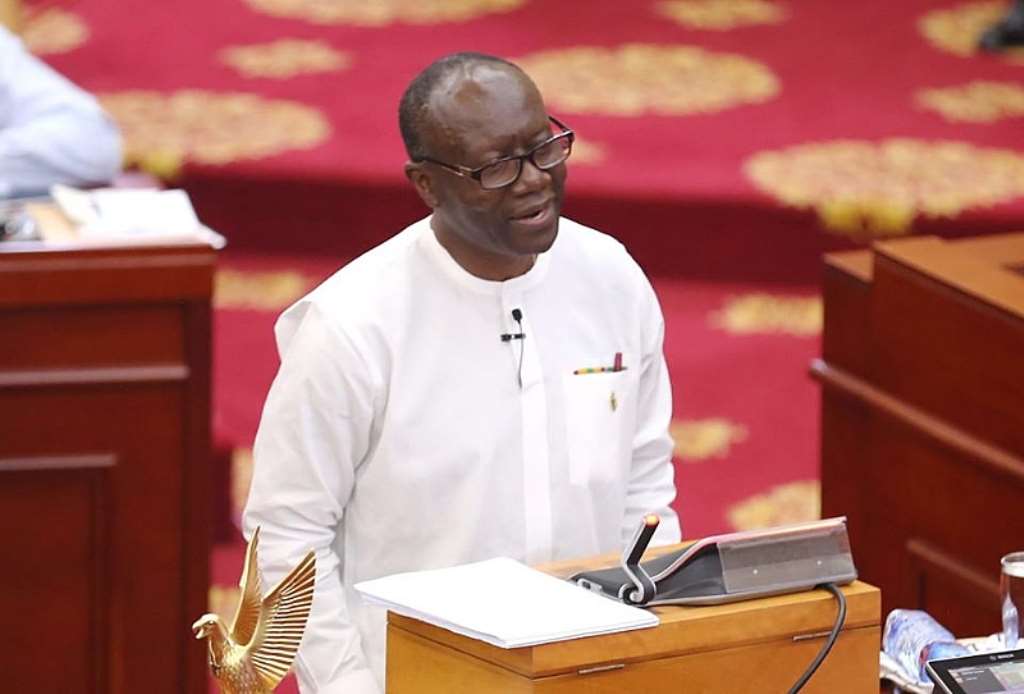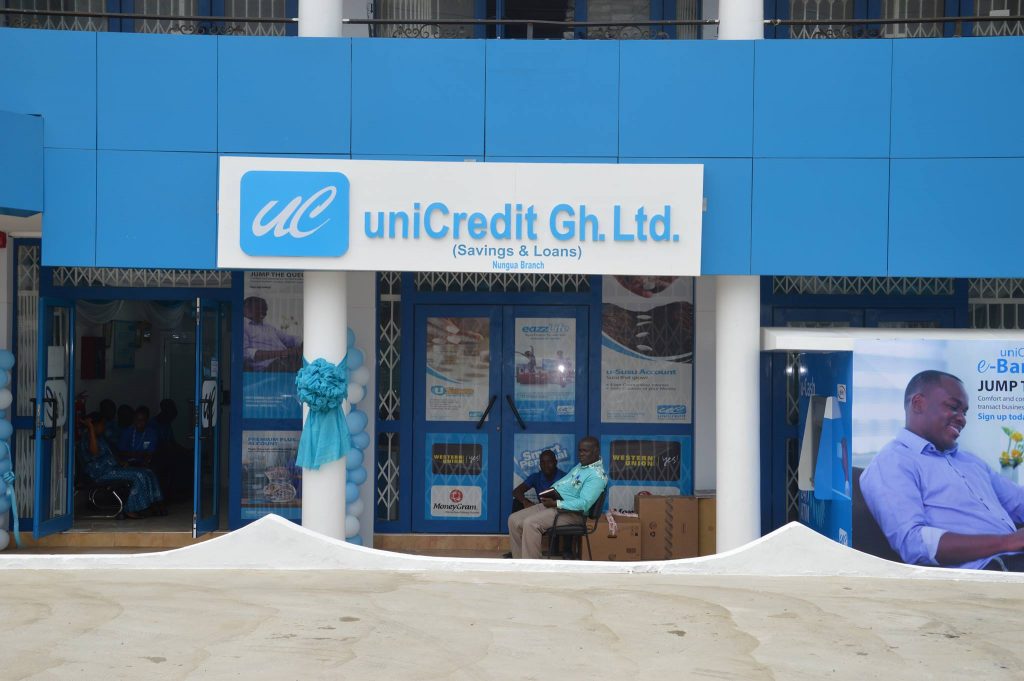Governments need money to operate, and often this money is raised through taxes. Another way governments raise money for operations is to borrow from the people. This is done through what is known as bonds. Essentially the government uses financial institutions like banks to issue out what is technically a debt instrument for sale to citizens. When you purchase a bond, you’re technically giving out your money to the government in exchange for this debt instrument. However, you do so with the assurance that it (the bond) will bring you profit over an agreed period. That is because the bonds by their nature are timebound financial instruments that are meant to “mature” after the stipulated time for that specific bond. At the time of maturation, the bond purchaser will have accrued their principal (purchasing money) plus interest (the profit accrued from the bond maturing).
Government issued bonds have been a preferred form of investment for a good number of citizens. This is mainly due to the low-risk nature of these bonds. Quite unfortunately, that is not going to be the case for many Ghanaians, with the new Domestic Debt Exchange (DDE) program that government looks to rollout this year.
WHAT THE DDE IS AND DOES
Remember how we mentioned earlier that the citizen whose money the government took in exchange for the bond makes back their money with interest upon the bond’s maturation? Great, well the Government of Ghana with the DDE, is looking to alter that part of the agreement. So, assuming Mr. Jellington purchased a bond for GHC 500,000 that was set to mature in December 2023 the DDE turns this one bond into four different bonds that will mature in 2025, 2027, 2029, 2034. Put in perspective, your principal itself is what has been spread over the near decade period, with an entirely new profit payment structure. In effect, your initial bond is being exchanged for new set of bonds with different terms and conditions, hence the name debt exchange.
We can now see why countless citizens are expressing a mixture of aggressive disapproval, pure disgust for the government, and great concern. Many like Mr Jellington live off the interests that their bonds accrue, thus the new structure raises concerns on where income will come from. Others simply are broken-hearted by the fact their own monies invested are going to be withheld from them because of a policy change which alters the initial terms of their investments, and they can seemingly do nothing about that. Plans undone, and dreams shattered by no error of theirs, save putting good faith in their government; a government that has surprisingly turned out to be an utter disgrace for a nation’s administration.
DEADLINE EXTENSIONS, BANKING SECTOR CRISIS
The Ministry of Finance yesterday put out a communique that bondholders have till Tuesday January 31, 2023, to sign on to the DDE program. Government explains that the implementation is necessary to receiving the aid it hopes to get from the IMF. So much for a Ghana Beyond Aid government. What must be noted is that the program or policy is marketed as voluntary for bondholders to sign up for. However, considering the government’s adamance to public outcry about abandoning the policy altogether, one outcome for those who do not sign up is most likely. Should you decide to not opt in for the debt exchange program as a government bond holder, do not realistically to be paid your bond’s worth when it does mature. You may/can/should pursue legal options in that case but that is a matter best left to the legal practitioners to probe into and advise us on.
But, much worse, it is reported that up to 17 banks may not be able meet the required capital ratio of 10% to operate in the year ahead should the DDE program be implemented as it is presently. This is according to the Institute of Chartered Accountants Ghana’s survey. The survey indicates that 9 of said banks may operate even in a negative, with all 17 facing the risk of losing their licenses to operate should the policy be implemented under its current parameters. Banks in Ghana are required by law to have a capital adequacy ratio of 13% to operate; a figure said to be revised to 10% by the Bank of Ghana. The problem is that these 17 banks may not be able to reach the revised figure. Should push come to shove, that will mean potential layoffs in the banking sector. Layoffs means more unemployment in an already harsh economy.
THE SHORT END OF THE STICK, A TALE AS OLD AS AFRICAN GOVERNMENTS
The implementation of this DDE is because government is short of operating funds, hence the need to cut unconventional corners. Or so we are made to understand. That being the case, we should point out that the same government has not shown any significant interest in cutting down its massive expenditure. Also, with what turns out to be a behemoth of an administration, atrociously embellished with more ministries than it has names to give, it is quite the wonder that no one has thought of downsizing. It would appear the burden is all the average Ghanaian’s to bear. “While away ye serfs, thine President be pressed with meeting lyrical craftsmen from yonder states than tending thine needs! It is thou who must bear the brunt of the ineptitude of thine master of coin”. It remains to be seen what will become of the financial sector in the months ahead, and just how much Ghanaians can bear.





















